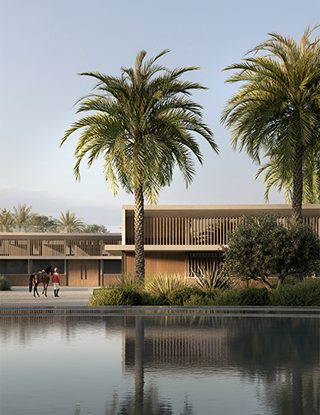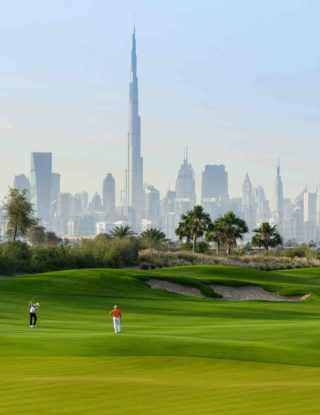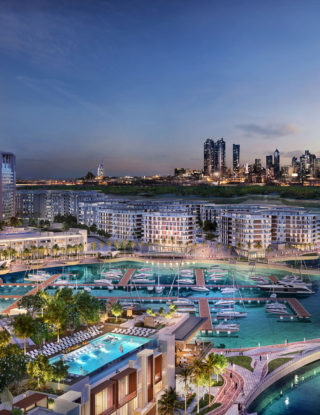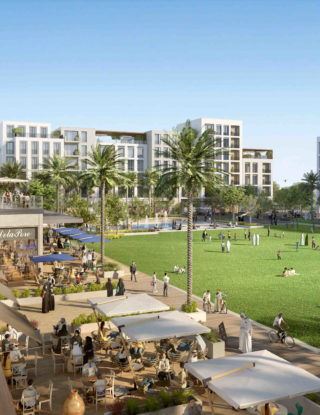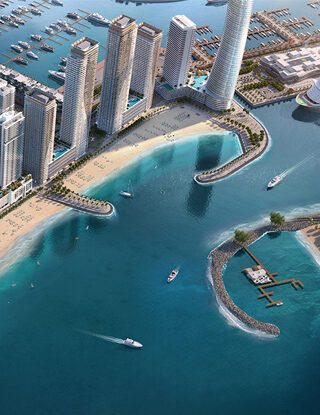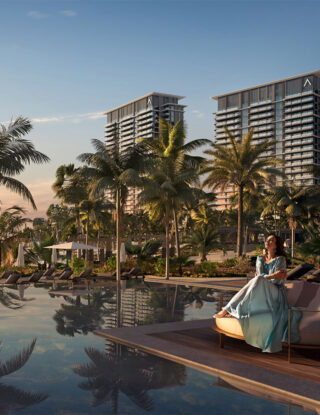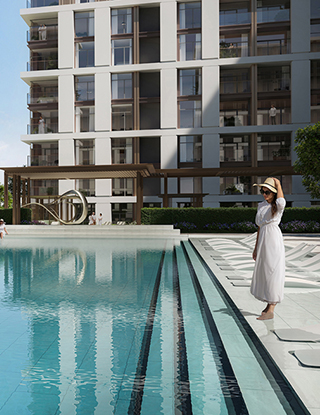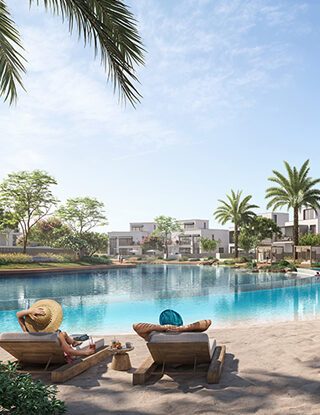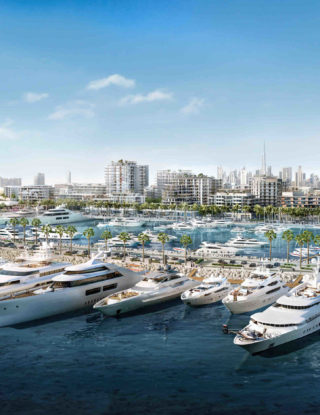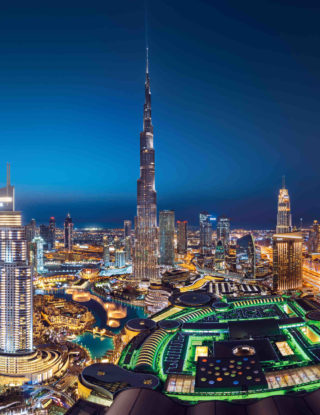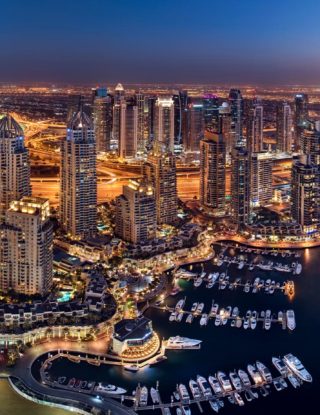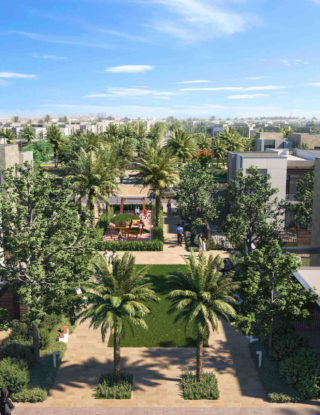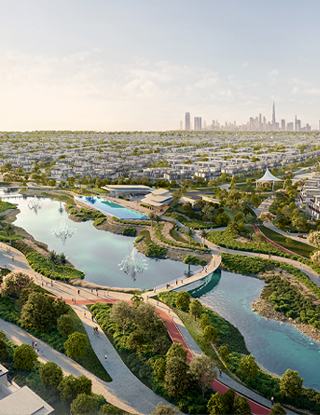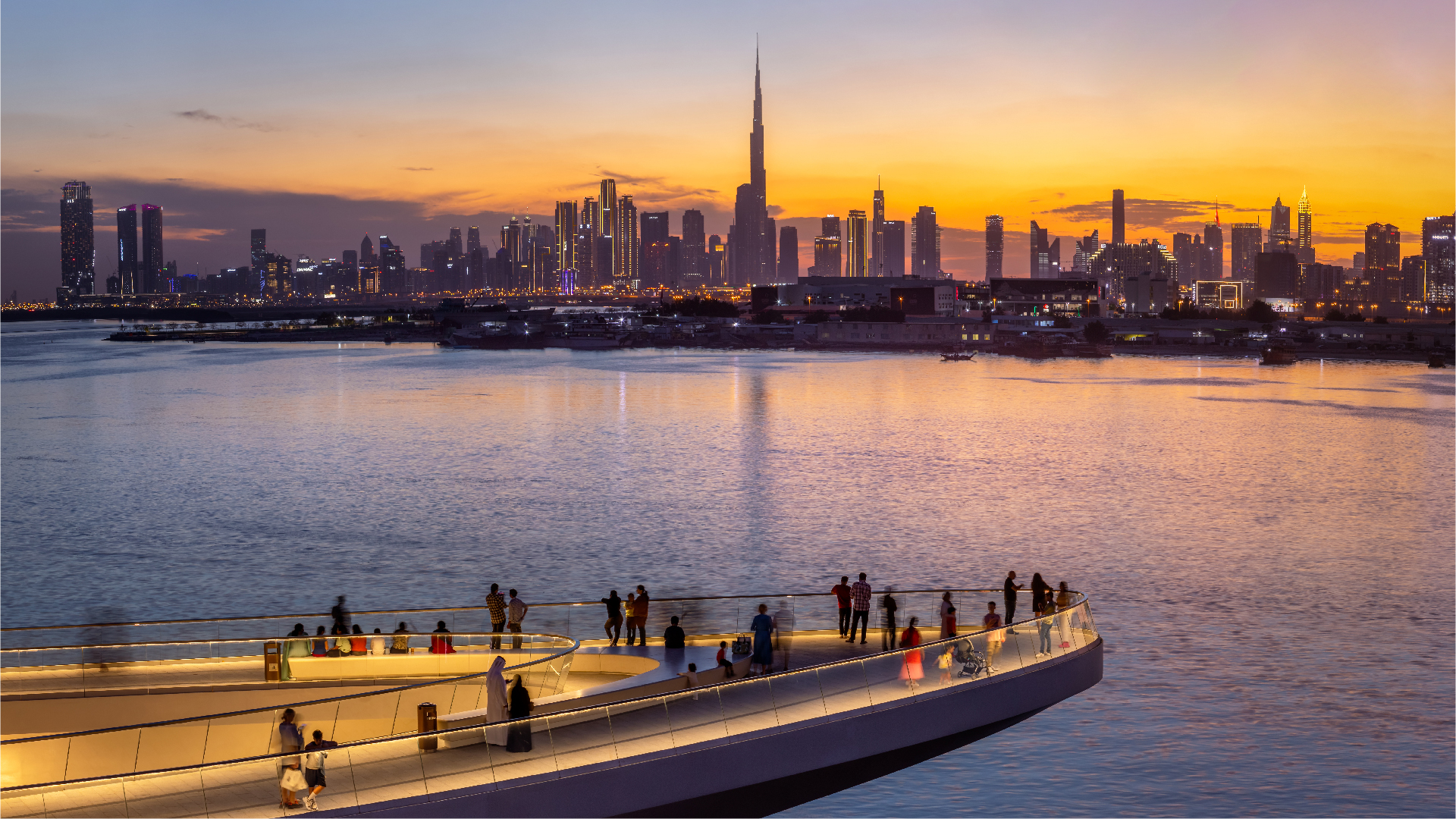Dubai’s vibrant real estate market offers exciting opportunities for investors and homeowners alike, especially with the option of freehold property ownership. This guide covers the essentials of acquiring and managing freehold property in Dubai, from legal requirements to practical steps in the buying process.
Understanding Freehold Property Ownership
Freehold property ownership in Dubai allows non-UAE nationals to own properties in designated areas. Unlike leasehold properties, freehold properties grant perpetual ownership rights, enabling owners to sell, lease, or occupy their properties freely. Additionally, freehold properties can be inherited by the owner’s heirs without complications.
Legal Framework
Governed by Law No. 7 of 2006, Dubai’s freehold property laws permit foreign nationals to purchase properties in specific areas. The Dubai Land Department (DLD) oversees property registrations, ensuring transparency and legal security. Title deeds issued by the DLD serve as proof of ownership.
Types of Freehold Properties
Residential Units
Freehold residential properties in Dubai range from studios and apartments to luxurious villas and townhouses. Emaar has developed several prominent residential areas, such as Downtown Dubai, known for the iconic Burj Khalifa and Dubai Mall; Dubai Marina, famous for its waterfront living and vibrant nightlife; and Dubai Hills Estate, which offers a blend of luxury villas and townhouses amidst green landscapes and golf courses.
Commercial Spaces
Dubai also offers freehold commercial properties, including office spaces, retail outlets, and entire commercial buildings. Emaar’s Business Bay and Dubai Creek Harbour developments cater to various business needs, providing state-of-the-art facilities in strategic locations.
Benefits of Freehold Property Ownership
Investment Opportunities
Dubai has seen a surge in developments catering to international investors. Emaar’s integrated masterplans, such as Emaar Beachfront and Dubai Creek Harbour, provide significant potential for capital appreciation and rental income. These developments are known for their high quality and prime locations, making them attractive for long-term investments.
Visa Benefits
Owning a freehold property in Dubai can qualify owners and their families for UAE residence visas. The types of visas available based on property ownership include:
- Investor Visa:
- 5-Year Investor Visa: For property investments worth at least AED 5 million, held for at least three years without loans.
- 10-Year Investor Visa: For a public investment of at least AED 10 million, with a maximum of 40% in real estate, held for at least three years.
- Retirement Visa: For retirees over 55 with a property investment worth at least AED 2 million, savings of AED 1 million, or an active income of AED 20,000 per month.
- Golden Visa: Long-term residency for property investors with real estate worth at least AED 2 million.
How the Buying Process Works
Property Search and Due Diligence
Start by identifying suitable properties in designated freehold areas. Emaar’s website and registered real estate agents can provide access to a range of properties and market insights. Conduct thorough research, including verifying the property’s legal status and any existing encumbrances.
For instance, if considering an investment in Emaar’s Emaar Beachfront, assess its proximity to the waterfront, available amenities, and rental income potential.
Transaction Completion
Once a property is selected, the next steps include negotiation, drafting a sales agreement, and arranging financing. Buyers can secure funds through bank mortgages or private finance. The purchase agreement is then signed by both parties, legally binding the transaction.
Title Deed Issuance
After fulfilling all payment and contractual obligations, the final step is obtaining a title deed from the DLD. This document confirms the buyer’s legal ownership of the property.
Legalities and Regulations
Property Registration
The DLD ensures all transactions are legally recorded and transparent. This process protects buyers’ rights and provides a clear ownership trail.
Escrow Accounts
For off-plan property purchases, funds are held in escrow accounts managed by the DLD. This mechanism protects buyers’ investments by ensuring developers meet their contractual obligations before accessing the funds.
Compliance with Building Codes
Dubai’s building codes ensure properties meet safety, environmental, and sustainability standards. Developers like Emaar comply with these regulations to guarantee the safety and durability of properties.
Key Considerations for Prospective Buyers
Market Trends and Demand
Understanding market dynamics, including urbanisation, population growth, and infrastructure development, helps investors make informed decisions. Emaar’s master-planned communities, such as Arabian Ranches, Emaar Beachfront, and Dubai South, are designed to meet these growing demands, offering comprehensive amenities and services.
Financial Planning and Mortgage Options
Evaluate the total cost of ownership, including down payments, closing fees, and ongoing maintenance expenses. Various mortgage options are available for non-UAE nationals through local and international banks.
Engaging Professionals
Seek advice from legal and real estate professionals to navigate the complexities of property transactions. Their expertise ensures all legal requirements and contractual obligations are met.
Location and Amenities
Consider the property’s proximity to amenities such as schools, hospitals, transportation hubs, and recreational areas. Emaar’s developments are strategically located to offer convenience and enhance the quality of life for residents.
For instance, Dubai Creek Harbour is designed with sustainability in mind, offering amenities like the Dubai Creek Tower, retail spaces, and extensive parks and recreational areas.
Property Valuation and Inspection
Before finalising a purchase, conduct a thorough property valuation and inspection. This ensures the property is priced fairly and in good condition, and helps identify any issues requiring repairs or renovations.
Legal Protections and Dispute Resolution
Dubai’s legal framework offers robust protections for property owners. In case of disputes, owners have access to mediation, arbitration, or legal action to resolve conflicts, ensuring ownership rights are upheld.
Valuable Benefits
Owning a freehold property in Dubai offers numerous benefits, from investment opportunities to residency visas. By understanding the legal framework, conducting thorough due diligence, and following the structured buying process, you can make informed decisions and secure a valuable asset in one of the world’s most vibrant cities. Always seek professional advice and stay informed about market trends to maximise your investment potential in Dubai’s real estate market. Emaar’s well-planned communities and high-quality developments provide excellent opportunities for both residential and commercial investments.
